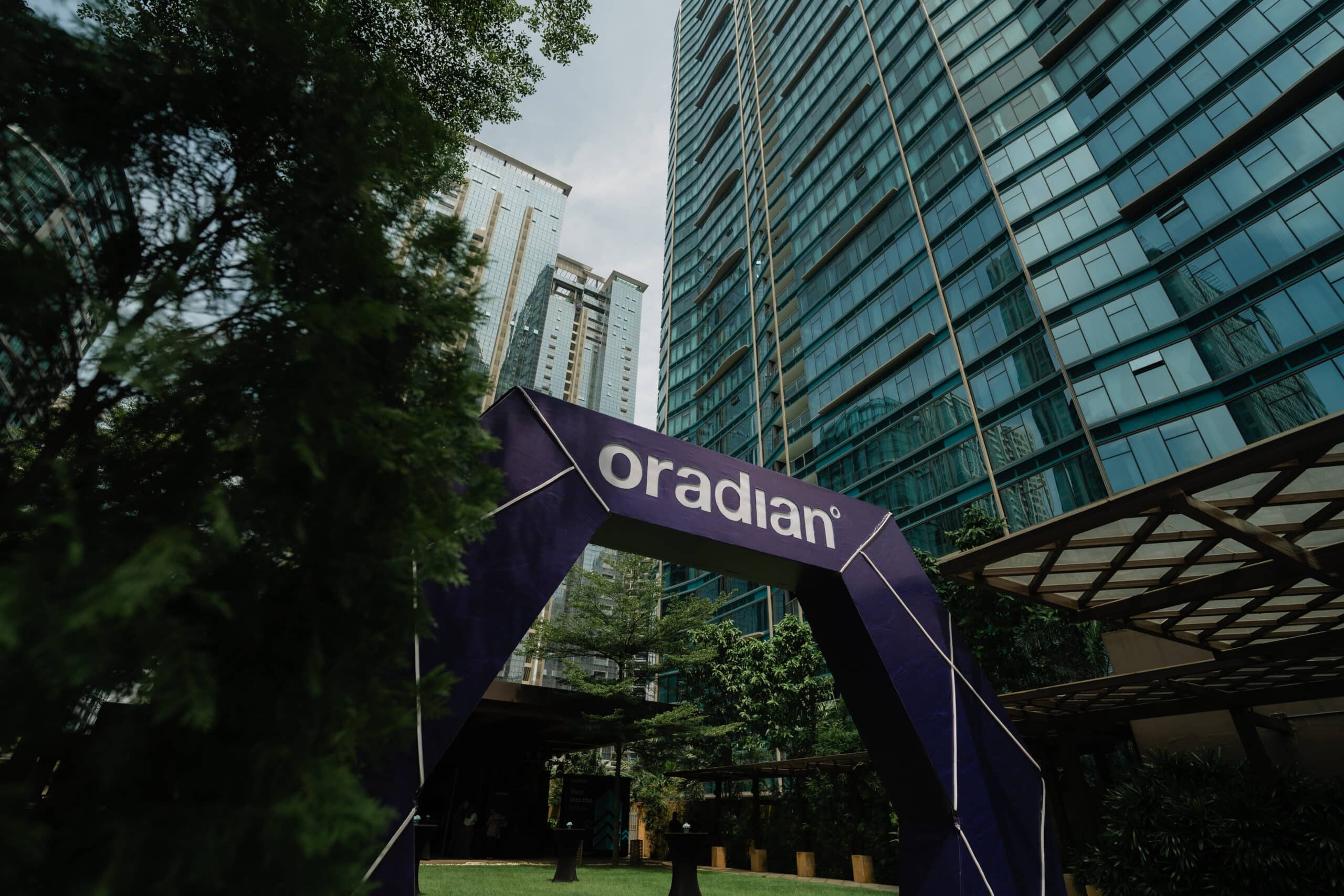Cloud-native, API-driven technologies allow rural banks and microfinance institutions to rapidly acquire new customers and introduce new products and move into new markets much more efficiently, ultimately enabling rural banks to quickly boost revenue and secure an overall greater return on investment.
In many developing economies the market for digital finance is huge. In the Philippines, electronic payments reached 1.4 million transactions in 2022 so far, demonstrating an enormous consumer demand for smart digital financial services that can make everyday life easier for everyone.
Rural banks around the world are waking up to these advantages, but one of the key questions consistently asked is: is it value for money?
At Oradian, we think it is – and so do our customers.
Getting a return-on-investment
In the Philippines, Florentino Villa, Head of Business Intelligence and Value Management for Oradian customer RAFI Micro-Finance told us digital transformation produced a large return-on-investment “by eliminating non-value adding processes and automating others.”
For another rural bank in the Philippines, Lifebank Foundation, Oradian’s core banking system has dramatically decreased time-to-market for new products, and the ability to launch quickly has delivered growth by enabling the bank to stay ahead of the competition.
Dr Vince Perlas, President, CEO and Chairman of the Board at LifeBank explained in a recent interview, “To design and launch a product used to take us over a month. Today, with Oradian, it takes 10 minutes to enter it into the system.”
Oradian: Value for money?
The value of Oradian’s cloud-native core banking system is in its flexibility and extensibility. It can be used straight out of the box, it can be configured to meet the specific requirements of an individual organisation, and it can connect to third party or existing in-house systems via open APIs.
In practice, this means if a rural bank requires a loan management system and a credit scorecard, but doesn’t need integrated accounting, then these modules can be activated and deactivated by the user directly, without intervention from Oradian.
All this means customers can configure and parameterise their core banking system as and when they need, so they can create the system that will guarantee the best return-on-investment. Oradian provides all the tools customers need to serve their own clients more effectively, to reach new markets or better serve existing ones.
And, better still, all this is based on a flexible pricing model based on a short contract subscription service. With Oradian, customers pay only for what they use – it is a system designed to scale as its customers grow.





